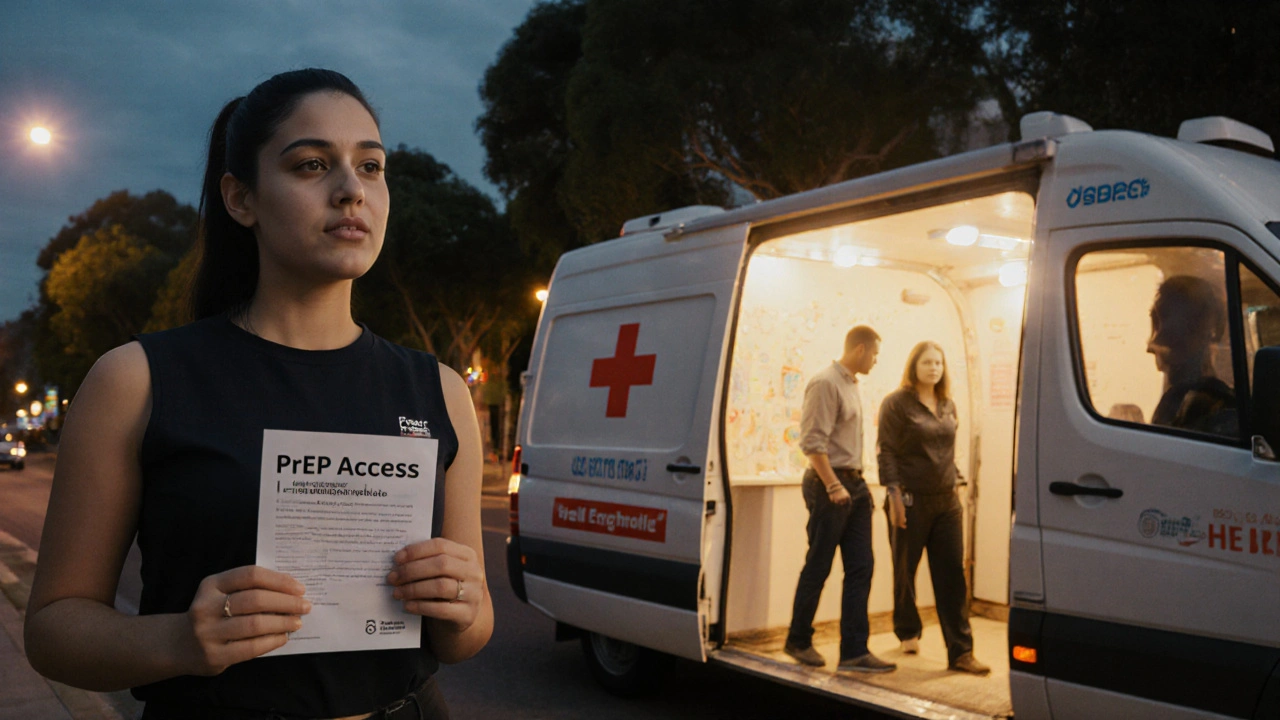Labor Rights in Sex Work: Protection, Safety, and Legal Challenges
When we talk about labor rights sex work, the legal and social protections owed to people who exchange sex for money. Also known as sex worker rights, it’s not about ideology—it’s about basic human dignity. People doing this work deserve safe conditions, fair pay, protection from violence, and access to healthcare—just like any other job. But in the UK and most places worldwide, sex work is treated as a crime, not a livelihood. That means workers can’t unionize, can’t report abuse without fear of arrest, and are often denied medical care or housing because of their work.
That’s where criminalization of sex work, laws that make selling or buying sex illegal or heavily restricted. Also known as prostitution laws, it turns survival into a legal risk. Loitering laws, prostitution-free zones, and police raids don’t reduce harm—they push people into darker corners, away from witnesses, cameras, and help. When you can’t legally screen clients or share your location, you’re more likely to be hurt. And when your phone gets seized without a warrant, your entire life—messages, payments, contacts—can be used against you. That’s not law enforcement. That’s surveillance.
sex worker safety, the practical steps people take to protect themselves while working. Also known as incident documentation, it’s what happens when systems fail. Workers document client details, use safety apps like SafetyPin, carry multilingual cards to communicate boundaries, and learn how to secure payments so banks don’t freeze their accounts. These aren’t luxuries—they’re survival tools. And they work. But they’re not enough when the law itself is the threat.
The real issue isn’t sex work. It’s who gets to decide what work is legitimate. Nurses, delivery drivers, and cleaners have labor protections. Sex workers? They’re told to stay quiet, stay hidden, and hope they don’t get caught. But silence doesn’t make the danger go away—it just makes it invisible. That’s why the people writing these guides don’t just want sympathy. They want change. They want to be treated like workers. Not criminals. Not victims. Not exceptions. Workers.
Below, you’ll find real, practical guides written by people who live this every day. From how to fight data seizures to how to access healthcare without judgment, these posts aren’t theory—they’re tactics. They’re tools. And they’re the only safety net many have.

- Oct, 30 2025
- 0 Comments
Labor Rights and Sex Work: Health and Safety Standards in Legal Settings
Legal sex work doesn't automatically mean safety. This article explores how health and labor rights shape real-world protections for sex workers in countries where it's legal-and where systems still fail them.
read more